Enter a surname, town name or other keyword to search the database. Remember to
allow for the different spellings of 'Mc' and 'Mac.' Good luck!
{Search tips: Use single word search terms for more results}
You must enter some valid character(s) into the search field
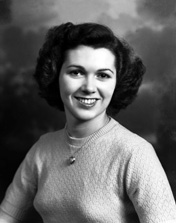
Reference: 44454d
Miss Jackson....
|
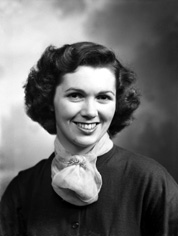
Reference: 44454c
Miss Jackson....
|
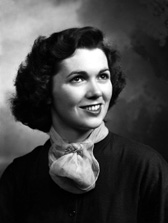
Reference: 44454b
Miss Jackson....
|
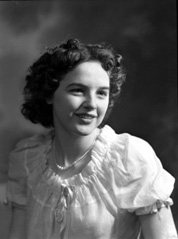
Reference: 42555h
Miss Joyce Georgina Duff, 9 Br...
|
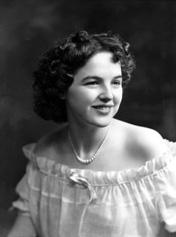
Reference: 42555g
Miss Joyce Georgina Duff, 9 Br...
|
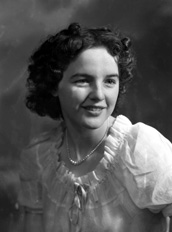
Reference: 42555f
Miss Joyce Georgina Duff, 9 Br...
|
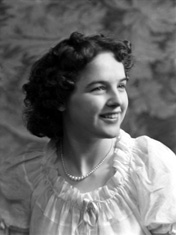
Reference: 42555e
Miss Joyce Georgina Duff, 9 Br...
|
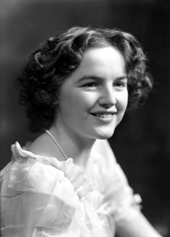
Reference: 42555d
Miss Joyce Georgina Duff, 9 Br...
|
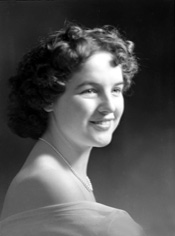
Reference: 42555c
Miss Joyce Georgina Duff, 9 Br...
|
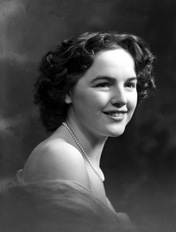
Reference: 42555b
Miss Joyce Georgina Duff, 9 Br...
|
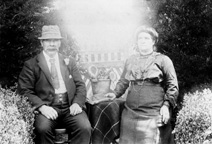
Reference: 877
Copy for Mrs Robertson, Old ...
|

Reference: 858
In 1905 the Highland Railway b...
|